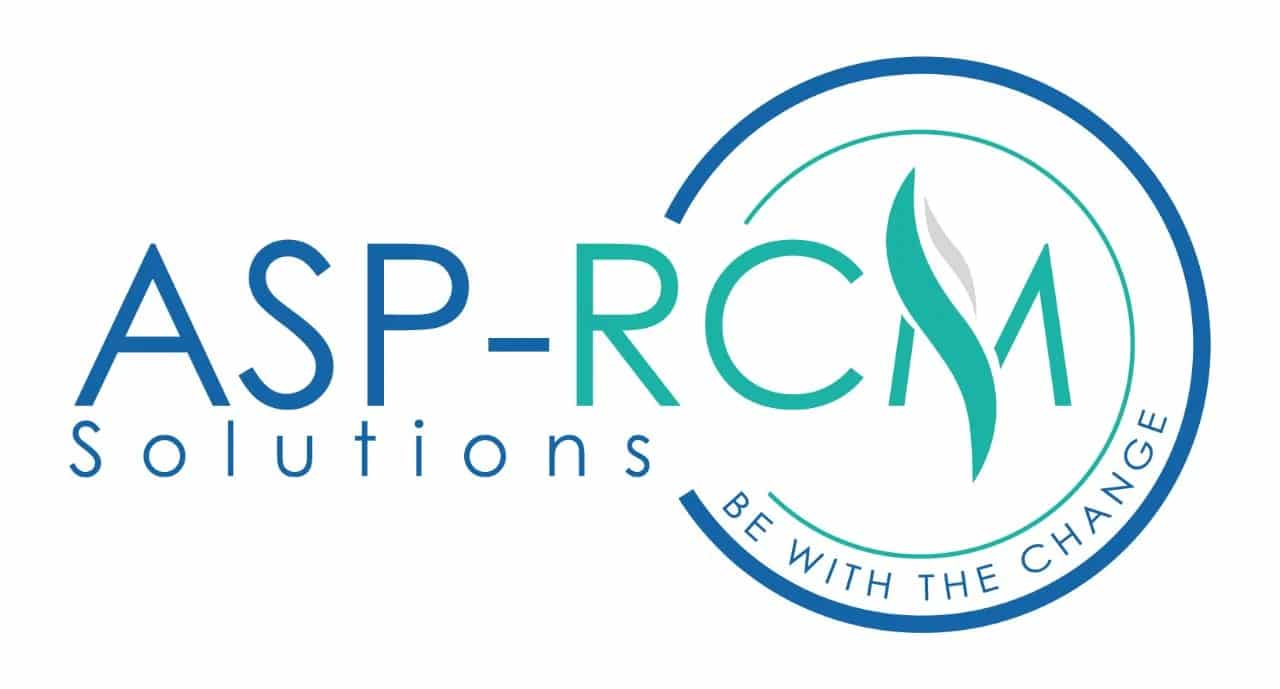Common Challenges in Urgent Care Revenue Cycle Management
While RCM is crucial, urgent care centers often face several obstacles:
-
Inconsistent Documentation
Clinicians in urgent care work under time pressure, which can lead to incomplete or inaccurate documentation, affecting coding and billing accuracy. -
High Claim Denial Rates
Frequent walk-ins and varied insurance plans can cause mismatches or errors, leading to claim rejections. -
Limited In-House Resources
Smaller clinics may lack the staffing or expertise to handle the entire billing cycle efficiently. -
Patient Payment Delays
With increasing deductibles and co-pays, collecting directly from patients has become a major challenge.
Technology Integration in Urgent Care RCM
Modern RCM services leverage advanced technology to improve efficiency and accuracy. Key tools include:
-
Practice Management Systems (PMS): For scheduling, billing, and claims tracking.
-
Electronic Health Records (EHR): To streamline clinical documentation and coding.
-
Eligibility Verification Tools: Instantly check insurance coverage and patient responsibility.
-
Automated Billing Software: Reduce human errors and speed up payment cycles.
-
Analytics Dashboards: For real-time tracking of KPIs like days in A/R, denial rates, and collection ratios.
By integrating these tools, urgent care clinics can automate repetitive tasks and make data-driven decisions.
Regulatory Compliance and RCM
Revenue cycle management must align with various healthcare regulations. This includes:
-
HIPAA Compliance: Protecting patient data during billing and communication.
-
CMS and Payer Guidelines: Adhering to constantly changing rules around coding, billing, and documentation.
-
Audit Readiness: Proper RCM documentation prepares clinics for insurance or government audits.
A strong RCM partner ensures your billing process meets all compliance standards and avoids costly penalties.
How to Choose the Right RCM Partner for Your Urgent Care
Not all RCM providers are built the same. When selecting a partner for your urgent care practice, look for:
✅ Industry Experience: Do they specialize in urgent care or similar high-volume outpatient settings?
✅ Transparency: Will they provide regular reports and insights?
✅ Technology Stack: Do they offer integrations with your existing EHR/PMS?
✅ Client Support: Is support responsive and U.S.-based or offshore?
✅ Scalability: Can they grow with your clinic as patient volume increases?
✅ Reputation & Reviews: What do other urgent care providers say about them?
Key Metrics to Track in Urgent Care RCM
To measure success, urgent care centers should monitor these KPIs regularly:
-
Days in Accounts Receivable (A/R)
-
First Pass Resolution Rate
-
Claim Denial Rate
-
Patient Collection Rate
-
Net Collection Rate
-
Clean Claims Ratio
Regularly analyzing these metrics helps identify inefficiencies and improve financial performance.
Conclusion
Efficient Revenue Cycle Management for urgent care clinics is not just about billing—it’s about building a sustainable, patient-focused practice that’s financially healthy. Whether you’re starting a new center or scaling operations, investing in reliable RCM services ensures faster payments, fewer denials, and a better overall patient experience.
By outsourcing to a specialized RCM provider or optimizing your in-house processes with the right tools and training, your urgent care center can thrive in today’s complex healthcare environment.





Personen haben auf diesen Beitrag kommentiert.
Kommentare anzeigen Hide commentsFor More Info:
https://asprcmsolutions.com/solutions/urgent-care-rcm/?utm_source=google&utm_medium=seo&utm_campaign=organic-nandhini